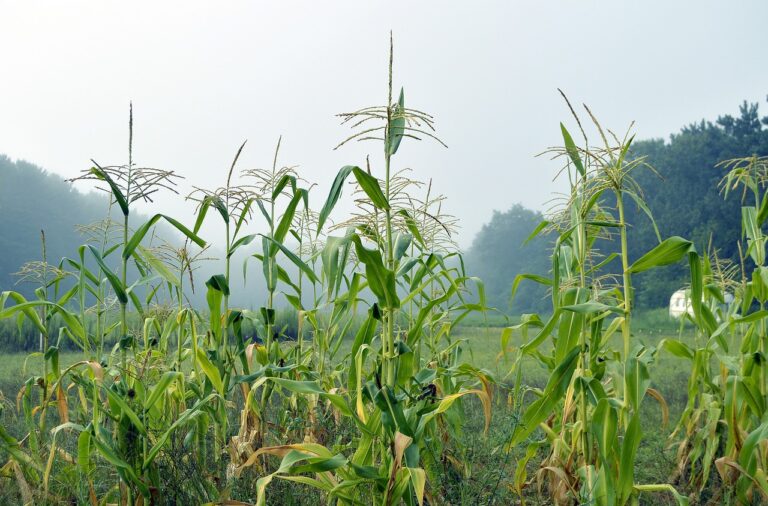Analyzing the Impact of Climate Change on Public Health
Climate change is intricately linked to the rise in disease outbreaks around the world. As temperatures increase and patterns of rainfall shift, there is a notable impact on the habitats of various disease-carrying vectors. For example, mosquitoes, which are known vectors for diseases like malaria and dengue fever, thrive in warmer and wetter climates. This shift in environmental conditions creates conducive breeding grounds for these vectors, leading to an increase in the transmission of diseases to humans.
Additionally, the changing climate also influences the spread of waterborne diseases. Extreme weather events such as floods and storms can contaminate water sources, making it easier for diseases like cholera to spread rapidly among populations. The disruption of infrastructure and sanitation systems during these events further exacerbates the risk of disease outbreaks, highlighting the critical need for proactive measures to address the health implications of climate change.
Health Risks Posed by Extreme Weather Events
Extreme weather events, such as heatwaves, hurricanes, and floods, pose significant health risks to individuals across the globe. During heatwaves, individuals are at increased risk of heat exhaustion, heatstroke, and dehydration, particularly vulnerable populations such as the elderly, children, and individuals with pre-existing health conditions. The rising temperatures associated with climate change have exacerbated the frequency and intensity of heatwaves, increasing the likelihood of heat-related illnesses and fatalities in many regions.
In addition to heat-related health risks, extreme weather events like hurricanes and floods can also lead to injuries, waterborne diseases, and mental health challenges. Hurricanes can cause injuries from flying debris, structural collapses, and flooding. Moreover, the contaminated floodwaters can spread waterborne diseases like cholera and dysentery, posing a serious threat to public health. The displacement, loss of property, and emotional distress caused by extreme weather events can also contribute to mental health issues such as anxiety, depression, and post-traumatic stress disorder among affected individuals.
Air Pollution and Respiratory Health Problems
Air pollution is a significant environmental concern with far-reaching consequences on human health. The microscopic particles and toxic gases present in polluted air can have detrimental effects on the respiratory system, leading to a range of health problems. Individuals exposed to high levels of air pollution are at an increased risk of developing conditions such as asthma, bronchitis, and other respiratory diseases. Moreover, long-term exposure to polluted air can worsen existing respiratory conditions and contribute to the progression of the disease.
Respiratory health problems associated with air pollution can affect people of all ages, but children, the elderly, and individuals with pre-existing respiratory conditions are particularly vulnerable. Children exposed to polluted air may experience stunted lung development, leading to long-term respiratory issues. Similarly, older adults with weakened immune systems are more susceptible to respiratory infections exacerbated by poor air quality. It is essential for public health initiatives to address the link between air pollution and respiratory health problems to mitigate the adverse effects on vulnerable populations and improve overall air quality.







